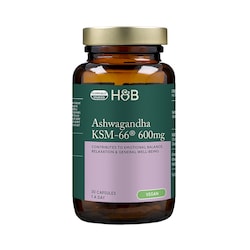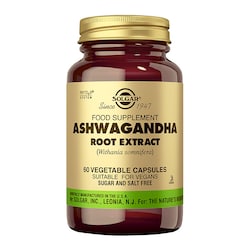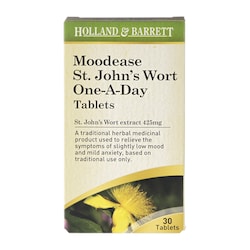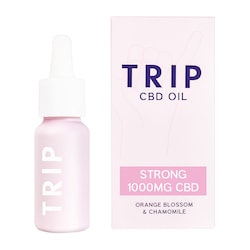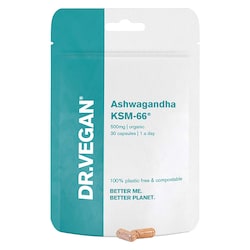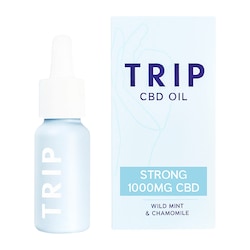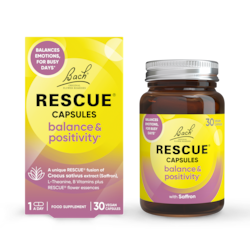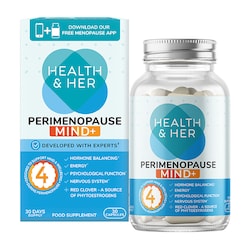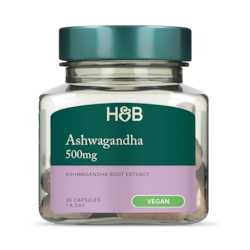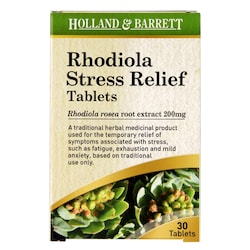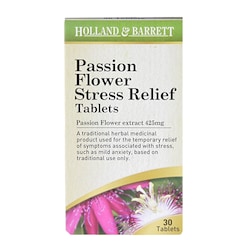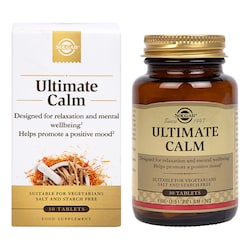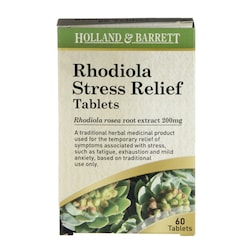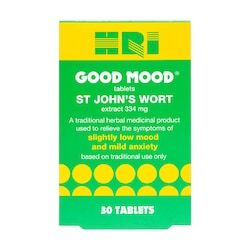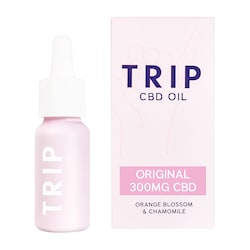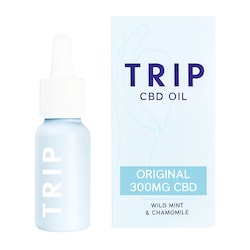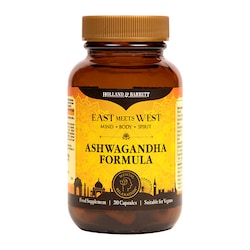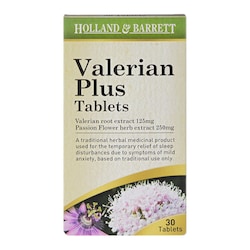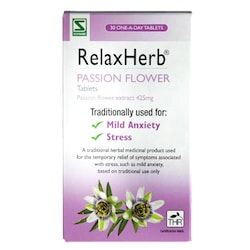15% off £30 OR 20% off £40
How to leave travel anxiety at home
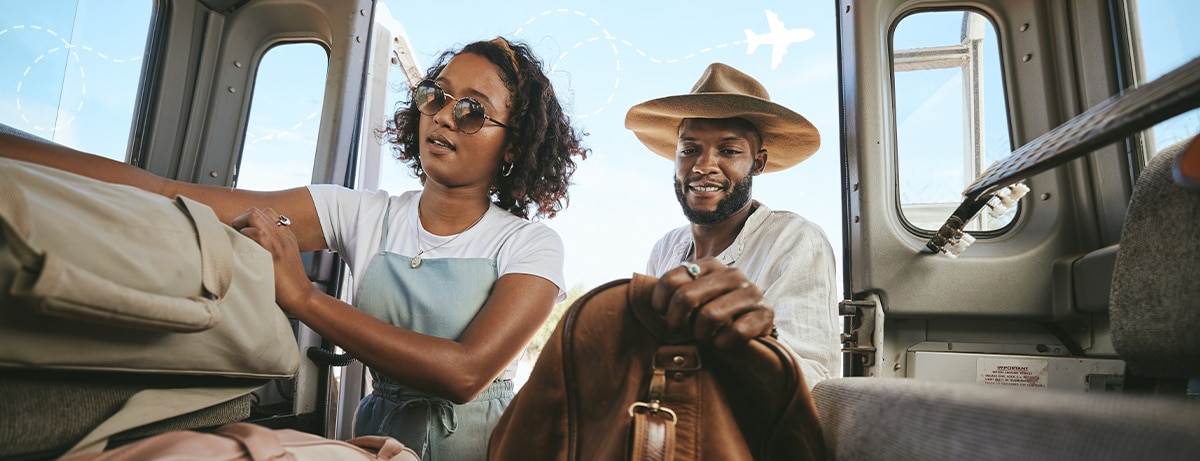
It’s normal to be uncertain about your holiday. A change in routine plus unfamiliar plans can be nerve-wracking.
But it’s normal to be excited, too. If you’re dreading your trip away more than you’re looking forward to it, you might be experiencing feelings of travel anxiety.
Skip to: Why it happens | Managing travel anxiety | The final say
Travel anxiety quick tips
- Have the details on hand: have a folder of your most important info within reach: paper, online or both.
- Listen to your senses: sunglasses, earplugs, and airy clothes are your friends when things get overwhelming.
- Keep asking "why?": As scary as it can be, unpack your thoughts to help you better understand them.
- Don't worry alone: Your fears aren't too small or big to ask for help.
Why might it happen?
There’s no one cause of travel anxiety, and your worries might differ depending on the trip.
Some common worries can include:
- Fear of flying or driving
- Crowds
- Safety risks
- Getting lost
- Getting ill
- Unfamiliar food
Most people are a little concerned about some of these things. But, if you’re nervous weeks in advance or it’s hard to control your worries, it could be a sign of travel anxiety.
Tips on managing travel anxiety
1. Pinpoint the cause
Maybe this is clear to you: you might be worried about going on an aeroplane, for example. Or perhaps it’s a bit harder to put your anxiety into words.
If you’re struggling to identify what exactly is worrying you, break your trip into smaller pieces. Talk yourself through what a day might look like (or write this down if it’s easier). What jumps out?
2. Bring distractions...
A lot of travel worries stem from the fact that you’re out of control: of the journey, of the people around you, of the things that might go wrong.
But it’s not often that you’re basically forced to sit still and relax.
Distraction shouldn’t be your only approach – it's a good idea to work on your fears outside of this – but it can help keep you calm in stressful situations.
Pack as many distractions as you think you’ll need, and then some more! The only aim is to make sure you get through this trip comfortable and entertained. Try:

- Podcasts, playlists, and TV shows (downloaded in advance)
- Books and puzzle books
- Drawing or colouring
- Writing or journalling
- Card games
- Non-messy crafts like knitting or crochet (though check your airport and airline’s rules on taking equipment like knitting needles)
3. Come prepared
Charge any tech and bring all chargers and travel adaptors with you. Consider investing in a portable battery pack, which can let you charge your devices without mains connection.
If you’re comfortable, turn your location services on with a friend or family member so they know where you are while you’re away.
If you’re worried about food, bring “safe” snacks that you can reach for. Just make sure you’re allowed to travel with them.

4. Plan your routes
- Your accommodation and host
- Your initial route to your accommodation
- Local emergency numbers
It’s always a good idea to have both electric and paper copies of the most important information. Make room in your luggage for a big folder!
5. Pack for comfort
We can feel even more anxious when we’re physically uncomfortable. So:
- Pack comfortable shoes and breezy clothes that you can easily layer
- Bring sunglasses and earplugs to block out unwanted disruptions
- Bring travel-sized beauty products that help you feel better, like lip balm if you can’t stand the feeling of dry lips
- Don’t wear your hair in styles that give you headaches or won’t let you sleep comfortably
6. Practice relaxation techniques
What do you do when you’re worried at home? Maybe you use an app to calm down, or you phone a friend. These things are all available to you while you’re away.
But remember the flip side of this. If you can’t stand meditation at home, for example, it probably won't work when you’re travelling.
Try having a conversation aloud with yourself, even if it feels silly at first. Ask yourself “why?” after each worry to help you break it down even further. Then, talk yourself through your plan of action.
Validate any worries that come up. But try to envision a plan that goes beyond those feelings.
Using these techniques in mind, try phrases like:

- I’m worried that... because...
- If the worst happens, I can...
- I’m looking forward to...
- I decide what I’m comfortable doing.
- It’s a scary thought. But it’s mostly my brain telling me to feel scared.
- I'm living life to the fullest.
7. Reduce your caffeine intake
Caffeine has different effects on different people. But it’s famous for making you jittery, which the brain and body can associate with anxiety.
If caffeine increases your anxiety feelings, it’s best to steer clear on your journey and for a few days leading up to it.
The final say
We love travelling for the same reasons we worry about it: it’s full of new experiences.
Most of us will feel anxious about travelling at some point. But, if your worries impact your day-to-day life before a holiday, it’s a good idea to speak to your GP.
Time for some self-care...
Need to unwind? Take a moment to find balance in a busy brain...
The advice in this article is for information only and should not replace medical care. Please check with your GP or healthcare professional before trying any supplements, treatments or remedies. Food supplements must not be used as a substitute for a varied and balanced diet and a healthy lifestyle.
Before taking any supplements or minerals, it’s best to make sure you’re getting all the nutrients through your diet first.
Food supplements must not be used as a substitute for a varied and balanced diet and a healthy lifestyle.
Traditional herbal medicinal product for use in symptomatic relief of muscular and rheumatic pain exclusively based on long standing use as a traditional remedy.


